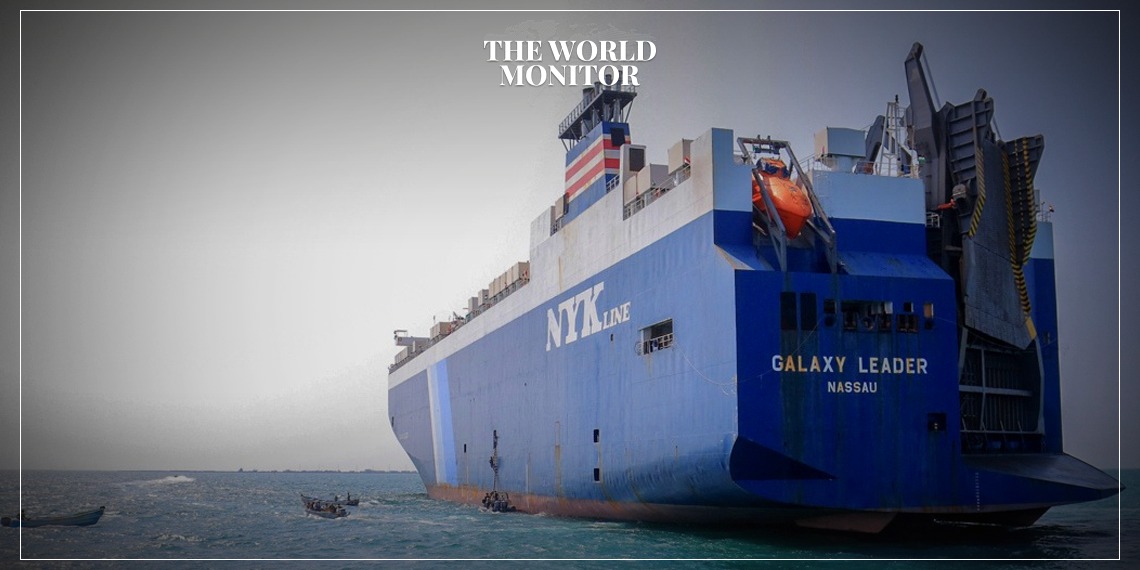The Italian Defense Minister expressed concerns on Wednesday about halting Houthi attacks on Red Sea shipping routes without sparking another war.
This statement comes as the Houthi militia, supported by Iran, intensifies its assaults on commercial ships.
The U.S. military’s Central Command reported that U.S. and British forces intercepted 21 drones and missiles launched by the Houthis towards Red Sea international shipping lanes on Tuesday.
This incident marks the 26th attack by the Houthis since November 19. Italian Defense Minister Crosetto highlighted the seriousness of these attacks and their relation to other ongoing conflicts, namely in Ukraine and Gaza, and emphasized the desire to avoid opening another war front.
The Houthis have threatened to persist with these attacks until the conflict in Gaza, involving Israel, ceases. They also warned of targeting U.S. warships if they are attacked in Yemen.
In response to these threats, the U.S. and other nations initiated Operation Prosperity Guardian last month to safeguard civilian ships in this vital global trade route.
While Italy agreed in December to deploy a naval ship to support ship owners’ requests, it has not yet joined the U.S.-led mission. Other European Union allies also seem to be maintaining a distance from this initiative.
Crosetto noted that any Italian naval participation in Operation Prosperity Guardian would require parliamentary approval, adding complexity to Italy’s potential involvement in the mission.
“There is a thing called Constitution, and there are laws for which a new international mission needs parliamentary approval, needs separate funding,” Crosetto said.
“If we decide to do so (join Prosperity Guardian), it will be a decision that goes through a cabinet meeting, reaches parliament, and is voted on by the (two) chambers.”
The shipping industry is grappling with a significant escalation in costs, with freight rates between Asia and Europe, as well as the Americas, surging by a staggering 173% since last November.
This surge is primarily attributed to the ongoing crisis in the Red Sea, according to a report released by the multinational company “Freightos.com,” specializing in shipping operations and data analytics.






